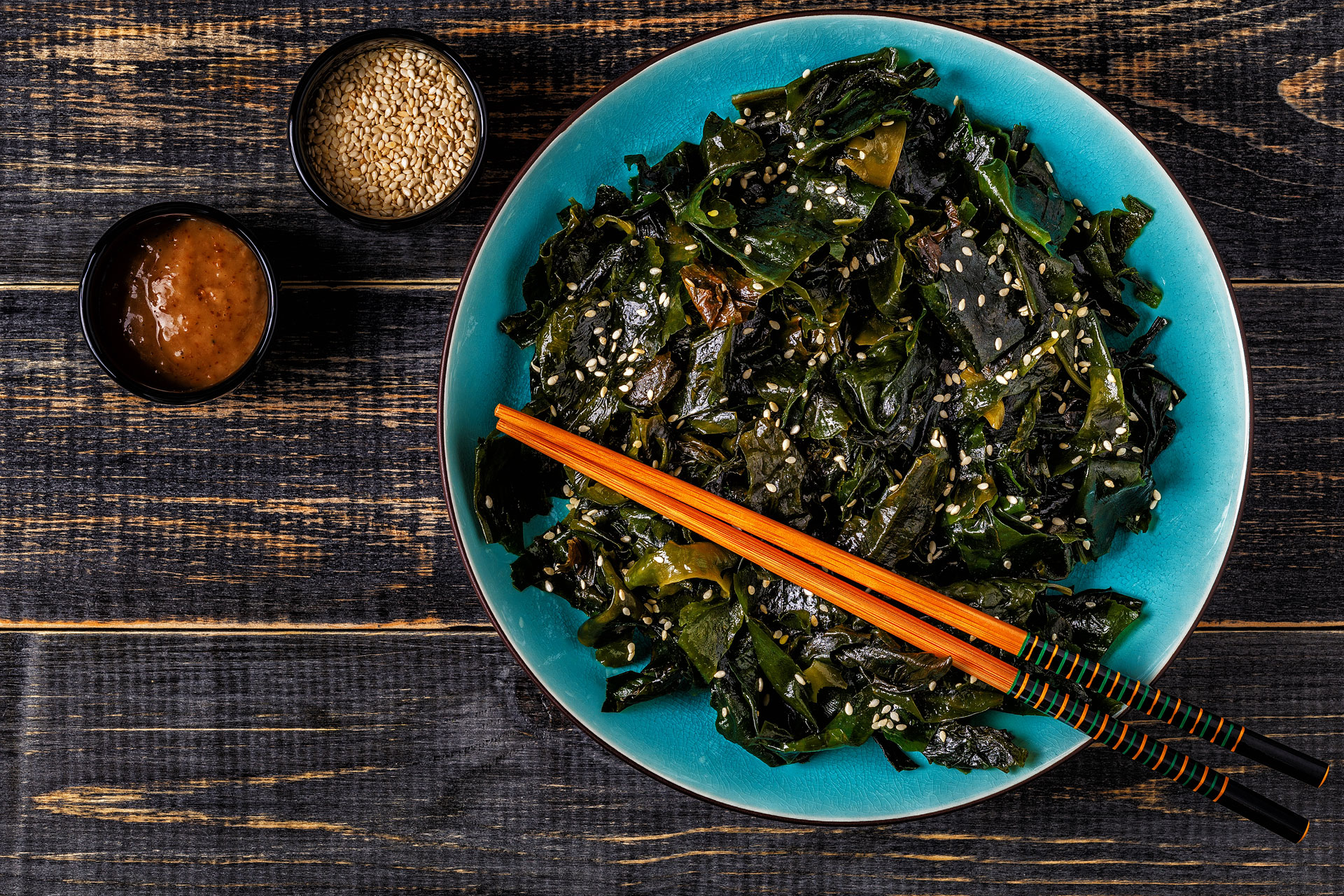Top 6 Diet Trends for 2025
Dec 25, 2024Explore the top 6 diet trends for 2025, including nutrient-focused eating, social media influence, breaking food rules, little treats, supply chain adaptations, and humanized food tech.
The world of nutrition is constantly evolving, and as we look towards 2025, several key trends are poised to shape how we approach food and well-being. This article synthesizes insights from various sources to explore six diet trends 2025 that are expected to gain significant popularity. We will delve into the driving forces behind these trends, examining their potential impact on our health and the food industry.
The Rise of Nutrient-Focused Eating
One of the most prominent diet trends 2025 will be the increasing emphasis on nutrient-dense foods. Spurred by concerns about ultra-processed foods and the influence of weight-loss medications, consumers are becoming more aware of the critical role of specific nutrients in their diets.
Mintel's research indicates a shift towards simplified claims highlighting protein, fiber, vitamins, and mineral content. This focus extends beyond simply calorie counting to encompass a deeper understanding of how food affects our bodies at a cellular level. The rise in popularity of blood sugar tracking and discussions surrounding hormone health will further drive this trend. Expect to see more product innovations designed to improve both short-term and long-term health through nutrient optimization.
 Credit: countryandtownhouse.com
Credit: countryandtownhouse.com
The Continued Influence of Social Media
Social media platforms, particularly TikTok, are playing an increasingly influential role in shaping food trends. In 2025, this trend is expected to continue, with viral food crazes and ingredient recommendations driven by popular influencers.
The "TikTok effect" can lead to rapid shifts in consumer preferences, as demonstrated by the surge in cucumber sales following a viral cucumber salad trend. This demonstrates the power of social media to not only influence what we eat but also how we think about food. The accessibility and visual nature of platforms like TikTok make them potent forces in the food landscape, and this will continue to be a major factor in diet trends 2025.
Breaking Free from Food Rules
Another significant diet trends 2025 revolves around a rejection of strict food rules. Mintel notes a shift toward accepting imperfections and a willingness to consume food in a way that feels natural, rather than adhering to rigid guidelines.
This trend encourages brands to innovate and cater to "perfectly imperfect" consumers, offering products that break traditional norms. This also extends to the exploration of eco-conscious ingredients like lemna and seaweed, as well as a greater focus on the role of food and drink in mental health management, signaling a more holistic and inclusive approach to nutrition.
 Credit: countryandtownhouse.com
Credit: countryandtownhouse.com
The Enduring Appeal of Little Treats
The "little treat" culture, which gained popularity in 2024, is anticipated to remain a strong trend in 2025. Social media has helped to romanticize small, affordable luxuries, often food-related, that add a touch of joy to everyday life.
Research indicates that many consumers identify food and drink as their most recent splurge purchase, reflecting a desire for small indulgences. This trend aligns with the broader shift towards a more relaxed and flexible approach to diet, highlighting the importance of emotional satisfaction alongside nutritional value.
Adapting to Global Supply Chain Challenges
The food industry is increasingly facing challenges from climate change and geopolitical events, which will shape diet trends 2025. Supply chain disruptions and rising prices are forcing brands to innovate and adapt.
Mintel's report emphasizes the importance of transparency and communication about sourcing adjustments to benefit consumers. This will likely lead to the exploration of alternative sourcing regions and more nuanced flavor variations for staple products. The need for cross-industry collaboration and scalable technological solutions is also becoming increasingly apparent.
 Credit: countryandtownhouse.com
Credit: countryandtownhouse.com
The Humanization of Food Technology
Finally, the integration of technology in food and drink production is expected to continue in 2025. However, Mintel suggests that successful brands will focus on how these advancements benefit consumers through better taste, enhanced nutrition, and reliable supply, rather than solely focusing on technological innovation itself.
The key will be to humanize AI and other technologies, demonstrating their value to the consumer and the environment. This will involve clear communication about the benefits of these technologies and a focus on creating products that feel both innovative and authentic.
These six diet trends 2025 point towards a more personalized, flexible, and sustainable approach to eating. While social media and technological advancements continue to shape the industry, the underlying focus remains on improving both physical and mental well-being through conscious food choices.
Jan 21, 2025
Explore the pros and cons of a plant-based diet, including health benefits, potential challenges, and tips for successful implementation. Learn about vegetarian, vegan, and flexitarian approaches.
Jan 20, 2025
Explore the latest research on plant-based diets and their powerful health benefits, including disease prevention, heart health, diabetes management, and cancer risk reduction.
Jan 16, 2025
Explore the nutritional landscape of processed fake meat, comparing them to traditional meat and whole plant foods. Learn about ingredients, health impacts, and making informed choices.